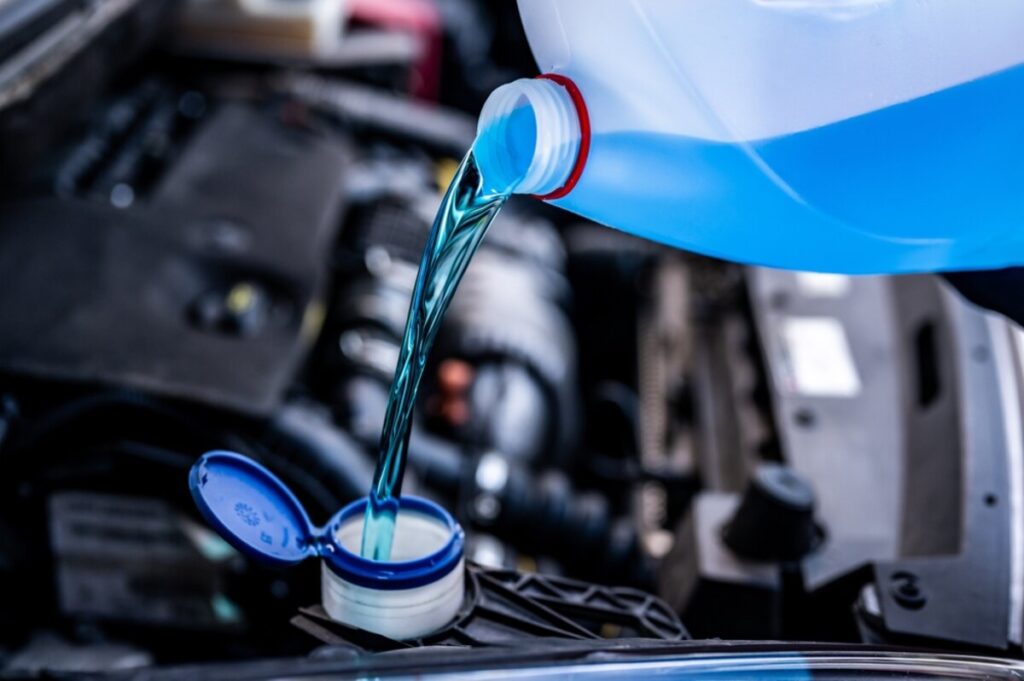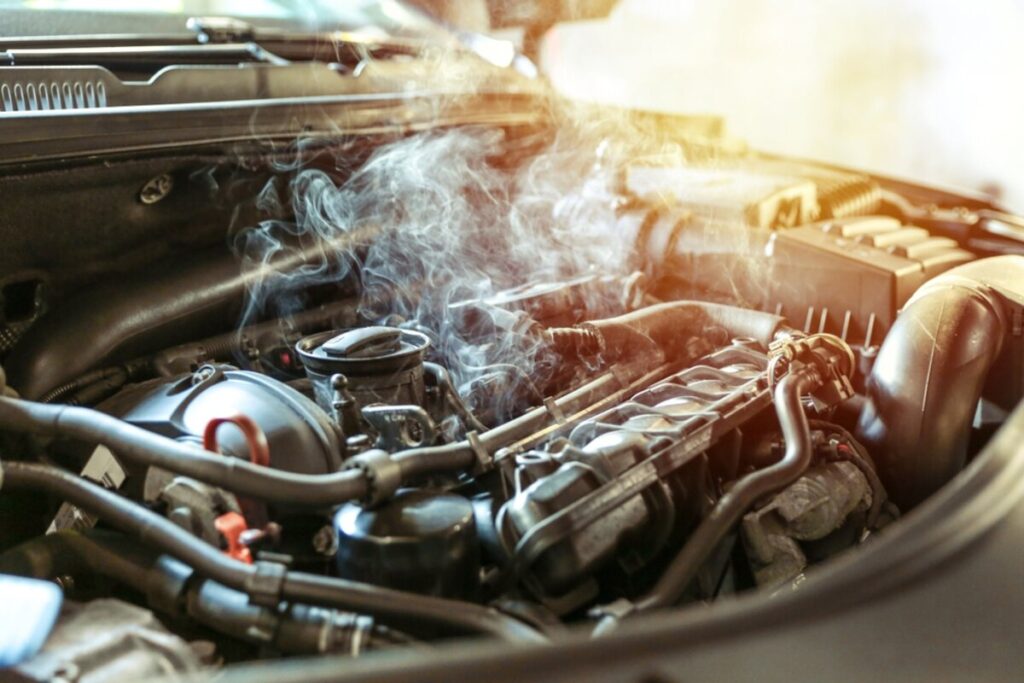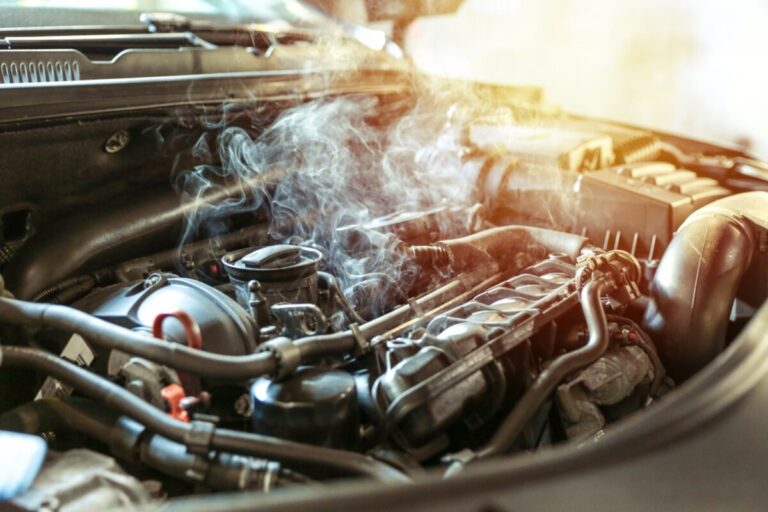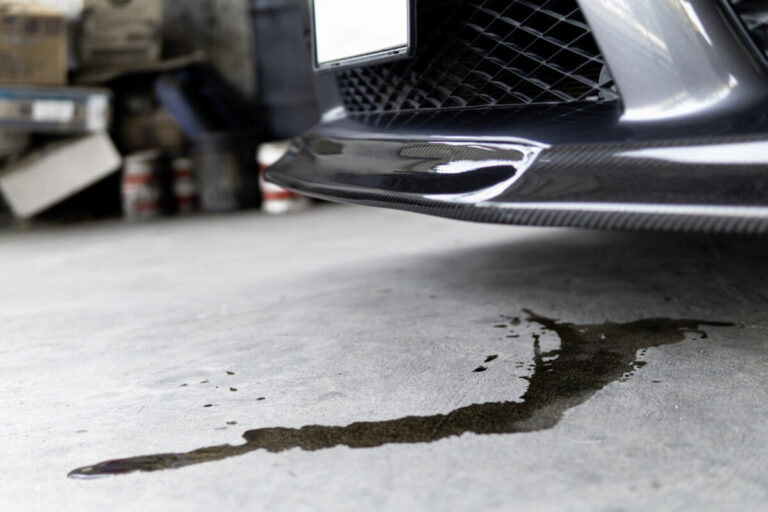When your BMW starts to lose coolant without any visible leaks, it can be both confusing and frustrating. After all, if there’s no puddle under the car, where would the coolant be going? This situation is more common than many drivers realize and can lead to bigger issues if not addressed. Understanding the causes and possible solutions can help you protect your vehicle from significant engine damage.
Understanding Coolant Loss in Your BMW
Coolant plays a critical role in keeping your BMW’s engine at the right temperature. Without sufficient coolant, your engine can overheat, leading to a host of problems. If your coolant level is dropping but you don’t see any leaks, it’s essential to investigate further before the issue escalates.
Causes of Coolant Loss Without Visible Leaks
1. Internal Coolant Leak
One of the most likely explanations for your BMW losing coolant without a visible leak is an internal coolant leak. This happens when coolant escapes into the engine or another internal system. Common areas where this occurs include:
- Head Gasket Failure: A blown head gasket is one of the primary culprits behind internal coolant loss. When this occurs, coolant can seep into the engine’s cylinders, where it gets burned off. You might not notice this happening right away, but symptoms like white smoke from the exhaust or engine misfires can be telltale signs.
- Cracked Engine Block or Cylinder Head: Another possible cause of coolant disappearing without a visible leak is a crack in the engine block or cylinder head. Even a small crack can allow coolant to leak into the engine oil, causing contamination. Over time, this issue can lead to serious engine damage if left unaddressed.
2. Faulty EGR Cooler
In some BMW models, a faulty exhaust gas recirculation (EGR) cooler can be the reason for coolant loss. If the cooler is damaged, coolant can be released into the exhaust system and evaporated, making it nearly impossible to detect a leak. This is especially prevalent in BMW diesel models and requires professional diagnosis.
3. Evaporation Through the Expansion
Tank If your BMW’s cooling system is under too much pressure, the coolant can evaporate through the expansion tank. This is more common in older models, where the pressure cap may not hold as much pressure as it should, allowing coolant to slowly evaporate over time.
4. Worn Out Water Pump or Thermostat
The water pump and thermostat are essential components in your BMW’s cooling system. If they are malfunctioning, they can cause the coolant to be improperly circulated, leading to overheating and coolant loss. While these parts often show external leaks, sometimes the coolant may evaporate before it becomes noticeable.
Symptoms and Warning Signs to Watch For
When your BMW is losing coolant without visible leaks, there are several warning signs to keep an eye on:
- Frequent Low Coolant Warnings: Your BMW’s onboard computer will alert you if coolant levels are too low. If this warning light comes on regularly, it’s a strong indication that something is wrong with your cooling system.
- Overheating Engine: One of the most obvious signs of coolant loss is engine overheating. If your engine temperature gauge consistently runs high or if your BMW overheats frequently, the lack of coolant is likely the culprit.
- White Smoke or Steam from the Exhaust: If you notice white smoke or steam coming from your exhaust pipe, it could be a sign that coolant is leaking into your engine and being burned off.
- Sweet Smell Coolant: has a sweet odor. If you notice this scent near your vehicle, but don’t see any leaks, it’s possible that coolant is evaporating or burning off inside the engine.
Preventing Coolant Loss in Your BMW
Preventive maintenance is key to keeping your BMW’s cooling system in top shape. Regularly checking your coolant levels and getting your vehicle inspected by a professional can help catch problems before they escalate.
- Regular Coolant Checks: It’s important to regularly check your BMW’s coolant levels, especially if you notice the level dropping over time. Topping it off as needed is important, but addressing the root cause of any loss is crucial for long-term engine health.
- Inspecting Cooling System Components: During routine maintenance, ask your mechanic to inspect the water pump, thermostat, and cooling system for any signs of wear or malfunction. Catching these issues early can save you from costly repairs.
- Professional Diagnostic Testing: If your BMW is losing coolant without visible leaks, it’s always best to bring it to a professional mechanic. A pressure test can help locate internal leaks or other hidden problems.
When to Seek Professional Help
If you’ve noticed your BMW losing coolant and can’t find any obvious leaks, it’s time to have it checked by a qualified technician. Ignoring the problem can lead to overheating, engine damage, and expensive repairs. A trained mechanic can perform diagnostic tests, such as pressure checks or a chemical analysis, to determine if there’s an internal leak or another underlying issue.
Conclusion

Coolant loss without visible leaks can be a tricky problem to solve, but it’s important to address it as soon as possible to prevent more serious engine issues. If your BMW is losing coolant, make sure to seek professional assistance promptly to avoid further damage. Contact Euroworx today for expert diagnostics and repair services tailored to BMW vehicles.




